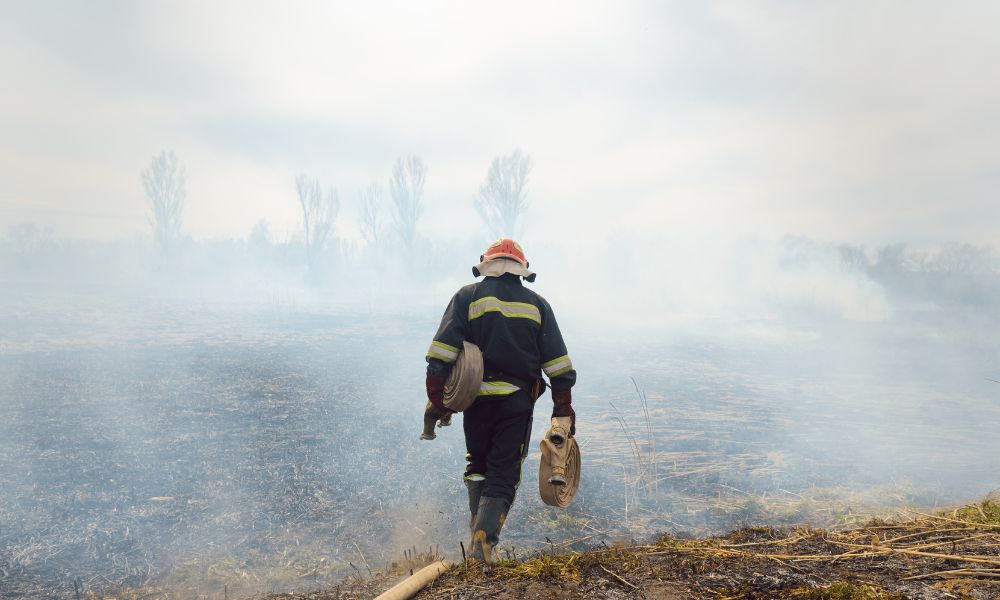
Wildland firefighters contain, control, and suppress fires that develop in nature. They perform one of the most dangerous jobs in the world; if you want to join this elite group, you must prepare for a tough journey. If you think you may be a good fit for a wildland firefighter position, check out these things to consider if you want to be a wildland firefighter.
Physical Fitness
Fighting wildfires is a rigorous job. You must be physically fit to handle it. Firefighters can’t ignore their duties, so they must traverse tough terrain for miles while carrying and wearing heavy equipment. Here are some ways to get stronger for a wildland firefighter position:
- Strength train two to three times a week to develop your muscles.
- Do cardiovascular exercises six times a week to strengthen your heart and respiratory system.
- Maintain flexibility with daily stretching.
- Get plenty of sleep for recovery.
Staying physically fit is essential for fighting fires and helping victims or your crewmates get to safety.
Unscheduled Hours
As a wildland firefighter, you must expect a call at any moment. Fires don’t rest or give you a heads-up. If you want to pursue this career, keep in mind that you might miss holidays or have to respond to an emergency in the middle of the night.
Common Health Problems
Unfortunately, wildland firefighters can suffer from health problems. Here is a list of short and long-term health issues common in firefighters:
- Lung function decline and other respiratory issues
- Inflammation of lungs
- Hearing loss
- Cardiovascular strain
- Heat stroke and heat exhaustion
It’s important to understand the ways firefighters can avoid long-term health problems before beginning your wildland firefighter role. Constant smoke exposure, physical exertion, and the use of loud equipment pose health risks, but they won’t have permanent effects if you take care of yourself.
The Dangers of Wildland Firefighting
One of the most important things to consider if you want to be a wildland firefighter is that you may end up in many dangerous situations. Here are some common dangers of fighting wildland fires:
- Entrapment due to weather shifts and blockages
- Burns and lacerations
- Dehydration
- Impact injuries from falling trees and rocks
When training to become a wildland firefighter, your preparation will allow you to handle dangerous situations. Still, it’s important to understand the risks as you consider the firefighting role.
